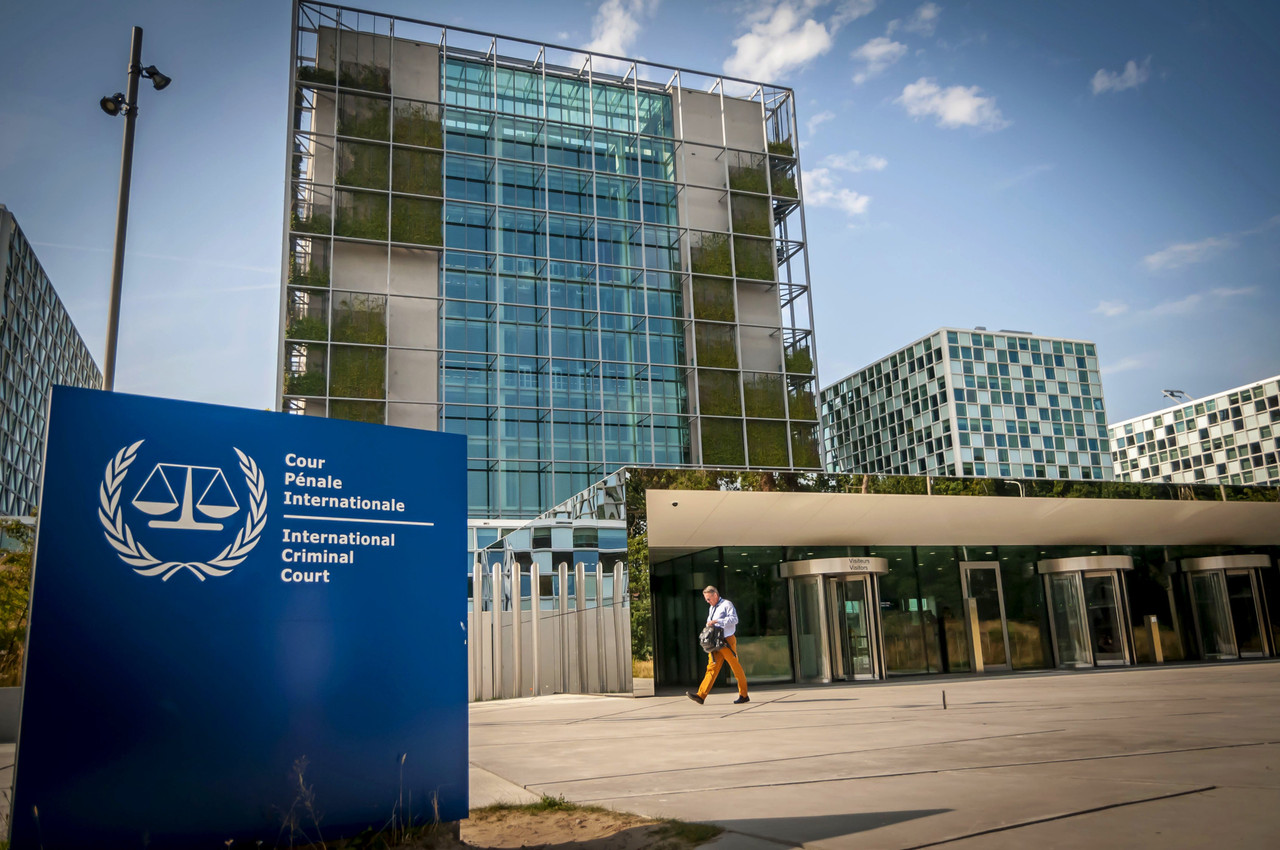The UK has, through state party referral, led the action, stating on that “Russia’s use of indiscriminate force against innocent civilians, in its illegal and unprovoked invasion of Ukraine, amounts to war crimes, for which the Putin regime must be held accountable.”
The ICC was founded in 2002, and works on cases relating to genocide, crimes against humanity, war crimes and crimes of aggression.
Luxembourg is among the 38 members of this referral, the largest in the history of the ICC so far. This move will allow the prosecutor to immediately proceed to an investigation, bypassing a judicial approval.
Foreign affairs minister Jean Asselborn (LSAP) of the United Nations Human Rights Council (UNHCR)--where Luxembourg has a seat--had condemned the atrocities and human rights violations committed during conflicts.
During a speech in parliament on Tuesday Asselborn had spoken of war crimes, saying civilian targets had been bombed in Kharkiv. The Rome Statute of the International Criminal Court lists "directing attacks against the civilian population as such or against individual civilians not taking direct part in hostilities" as a "serious violation of laws".
The foreign minister in outrage over the Kharkiv attacks on Wednesday morning had said the "physical elimination" of president Vladimir Putin would be the only way to stop the war. He later apologised for the remarks and using the words "physical elimination" but insisted that Putin must be stopped to end the conflict.
ICC Prosecutor, Karim A.A. Khan QC on 2 March confirmed the reception of the referral, stating: “In its preliminary examination of the Situation in Ukraine, my Office had already found a reasonable basis to believe crimes within the jurisdiction of the Court had been committed, and had identified potential cases that would be admissible.”
